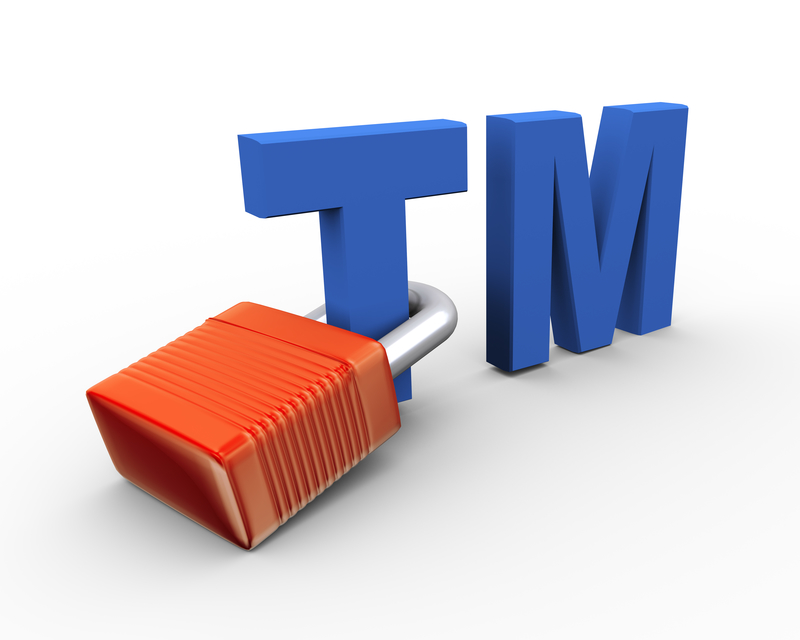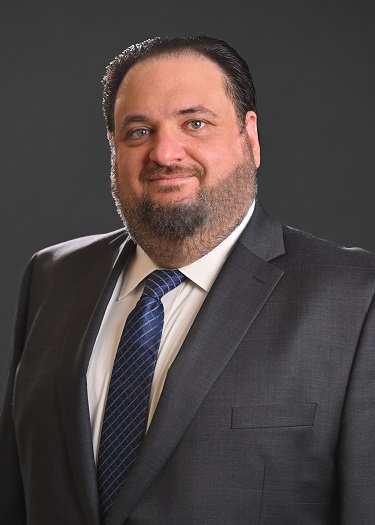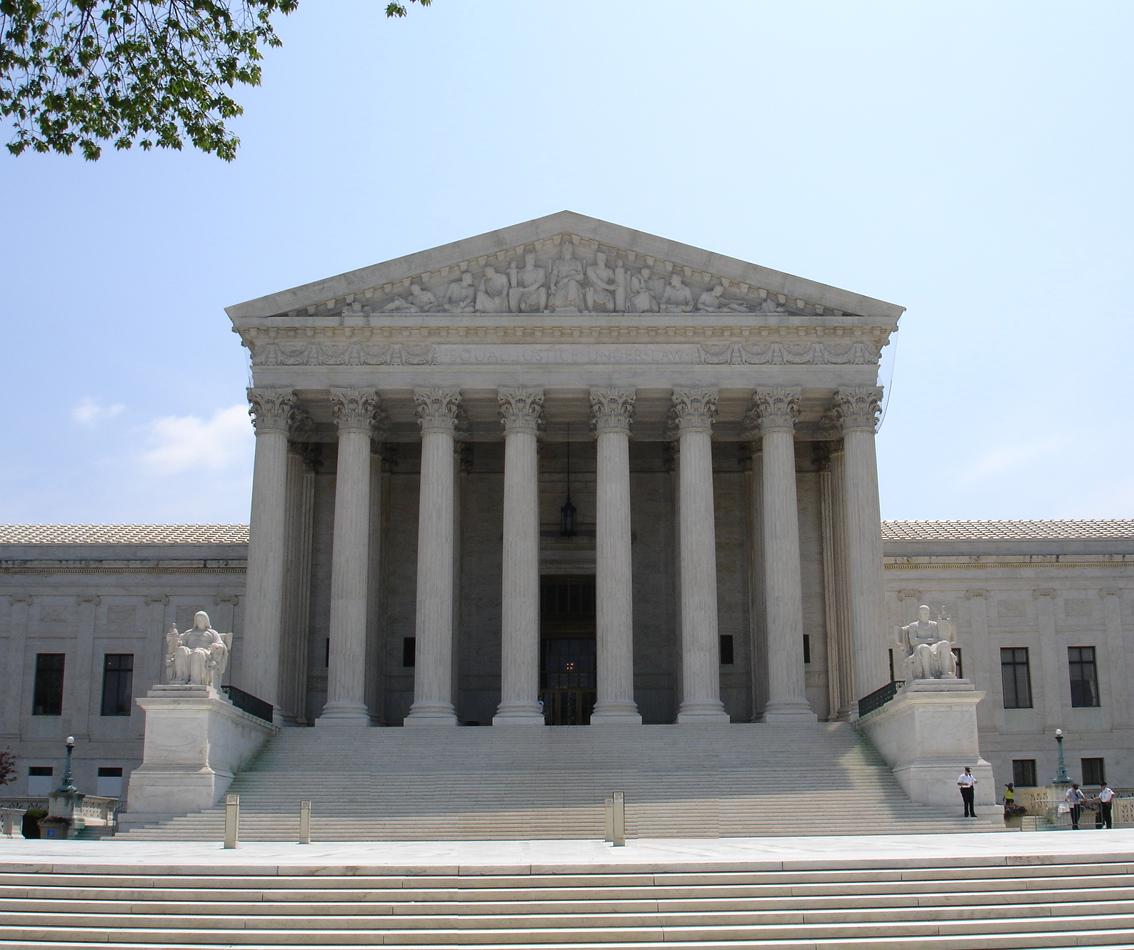Belmora Petitions for Supreme Court Review of FLANAX Decision

Product brands, and the trademarks that define them, are often divided along national borders. This is why Smarties® candies in the U.S. and Smarties® candies in the rest of the world are completely different products from different producers. Even a brand like Budweiser® beer is sold under a different name in Europe because a Czech brewer has the rights to that mark in the E.U. and most countries, a dispute which has been ongoing, on and off, for more than a century. However, as international travel, immigration, and contacts continue to increase, national borders aren’t the barrier to marketing and awareness of products that they used to be. This may be especially true where a company, such as Belmora, targets an immigrant or ethnic community in one country, and another company uses the same mark in the country that the community traces its routes back to.
The FLANAX Decision
That is the case with the FLANAX mark. Since 2004, Belmora LLC has sold naproxen sodium (an NSAID pain reliever) over the counter under the FLANAX mark, particularly targeting Latino neighborhoods, businesses, and consumers. However, other companies have sold pain relievers in connection with the FLANAX mark in various Latin American countries for decades. Bayer acquired those foreign rights shortly after Belmora began to use the FLANAX mark and, in 2007, brought a petition to cancel Belmora’s 2005 U.S. trademark registration for FLANAX in connection with naproxen sodium.
Trademark Dispute
Since then, the dispute has moved from the Trademark Trial and Appeal Board to the District Courts for Central California and the Eastern District of Virginia and been to the Fourth Circuit Court of Appeals twice. Throughout, Bayer has not claimed it has used the FLANAX mark in the United States, but rather that Belmora’s registration and use intentionally trade on the reputation and goodwill of Bayer’s FLANAX mark in Mexico and South America to sell Belmora’s FLANAX product to immigrants and other people who have spent time in countries where Bayer’s FLANAX is available.
To date, Bayer has prevailed on the cancellation of Belmora’s registration, but its other claims against Belmora, for unfair competition under 15 U.S.C. 1125(a), were dismissed as time-barred by the District Court. While the Circuit Court reversed that dismissal for using the wrong standard for determining whether the claims were time-barred, it sent that question back to the District Court, which could easily find them time-barred by laches rather than a state statute of limitations.
Petition Filed by Belmora
Belmora recently filed a petition for a writ of certiorari with the United States Supreme Court, seeking to overturn the decision upholding Belmora’s liability for unfair competition. Whether or not the Supreme Court takes up the question, the issue of foreign trademark owners being able to prevent registration or use in the United States is likely to grow in importance, particularly with the growing trend of ethnically-targeted marketing and the strong feelings many immigrant consumers, even second-generation immigrants, have for products from “back home.”
If you are considering a new product or a new trademark for an existing product or any related intellectual property matters, please feel free to contact me at dsiegel@norris-law.com.


